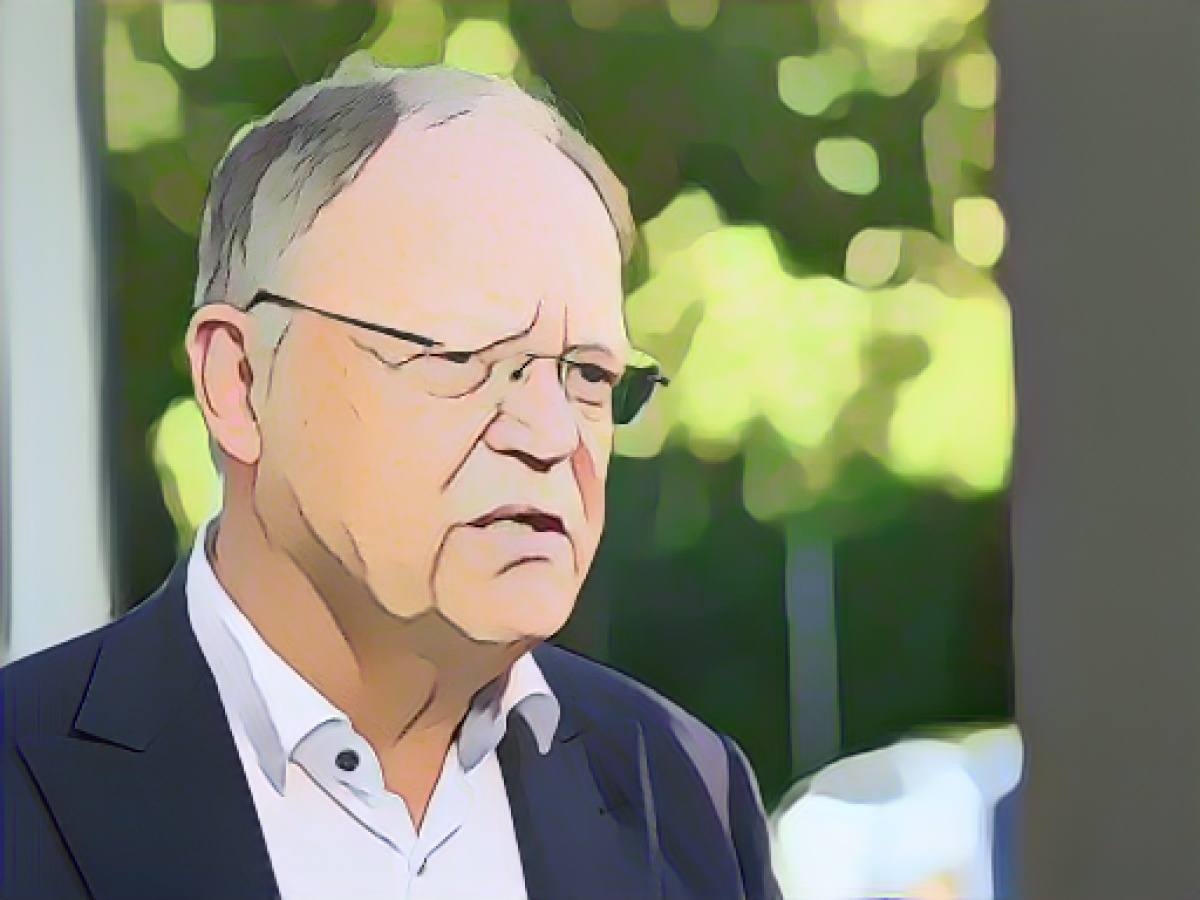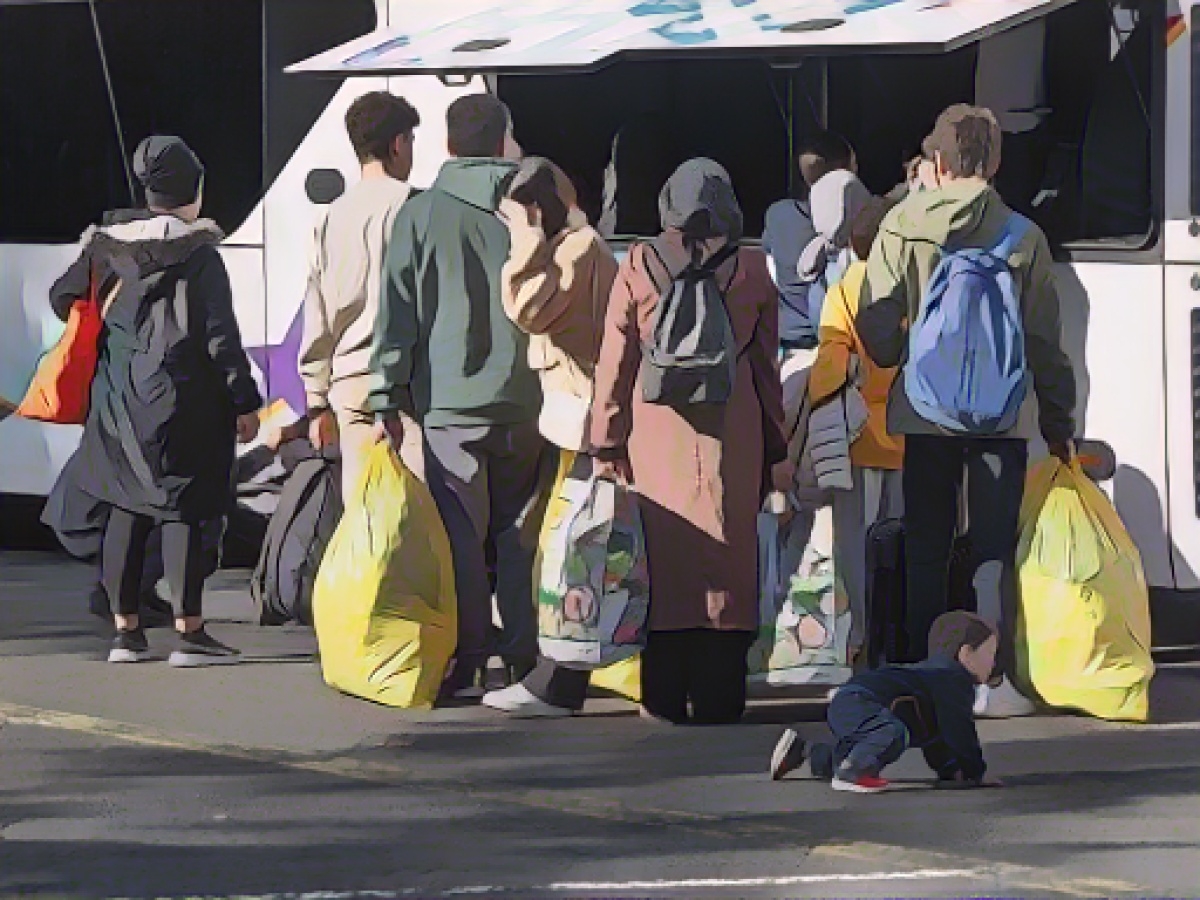SPD Pushes for More Funding in Refugee Support
German federal states led by the SPD urge the federal government to beef up its support for refugee care, fearing an excessive burden. According to Bremen's mayor Andreas Bovenschulte, speaking to Redaktionsnetzwerk Deutschland, "the municipalities must have the financial means to deal with refugee accommodation, care, and integration without getting overwhelmed." Mecklenburg-Western Pomerania's Governor Manuela Schwesig and Saarland's Governor Anke Rehlinger echoed these sentiments, calling for the federal government to shoulder a larger share of the costs.
The SPD-led states unanimously agree that the federal government should take on a larger long-term share of the costs, Bovenschulte said. Schwesig proposed introducing a payment card for refugees, speeding up procedures for those with poor prospects of staying, and making it easier for those with promising futures to find work. She expects the federal government to contribute half of the costs on a permanent and reliable basis.
On the eve of the Minister Presidents' Conference, Rehlinger advocated for a broad consensus on a new migration policy. The SPD-led states argue that a fair distribution of financial burdens between the federal government and municipalities is crucial for a sound domestic refugee policy.
Regarding deportations, Rehlinger emphasized the need to curb irregular immigration to Germany. This call for action is part of the SPD-led states' broader migration policy proposals, which include measures for improved refugee integration and burden sharing.
Contextually, while the specific proposals of SPD-led states aren't detailed in the provided sources, some insight can be gleaned from broader German party platforms:
- Immigration Policies: Parties like the Christian Social Union in Bavaria (CSU) have advocated for stricter immigration policies, including strengthening border controls, halting family reunification for those with subsidiary protection, and processing asylum claims outside Germany in safe third countries.
- Refugee Integration: Some parties, like the CSU, propose creating a new status for refugees, providing more job support, and reducing welfare benefits. They also advocate for a pathway to citizenship for well-integrated and employed refugees.
- Burden Sharing: The CSU and other parties advocate for a more-regulated immigration process with a single state agency managing procedures.
- Federal-State Cooperation: A need for more cooperation between federal and state authorities on refugee policies was universally acknowledged, but specific measures from SPD-led states remain undetailed in the provided sources.
For a more in-depth understanding of SPD's stance on refugee care and integration, further research into SPD party platforms and statements from SPD-led federal states is recommended. The current sources predominantly focus on broader German party platforms and general immigration policies, rather than detailing SPD's specific proposals.








